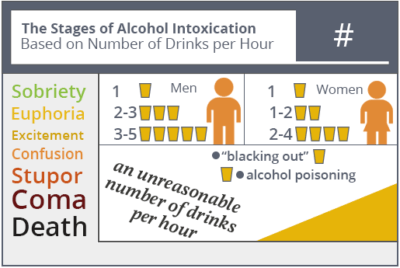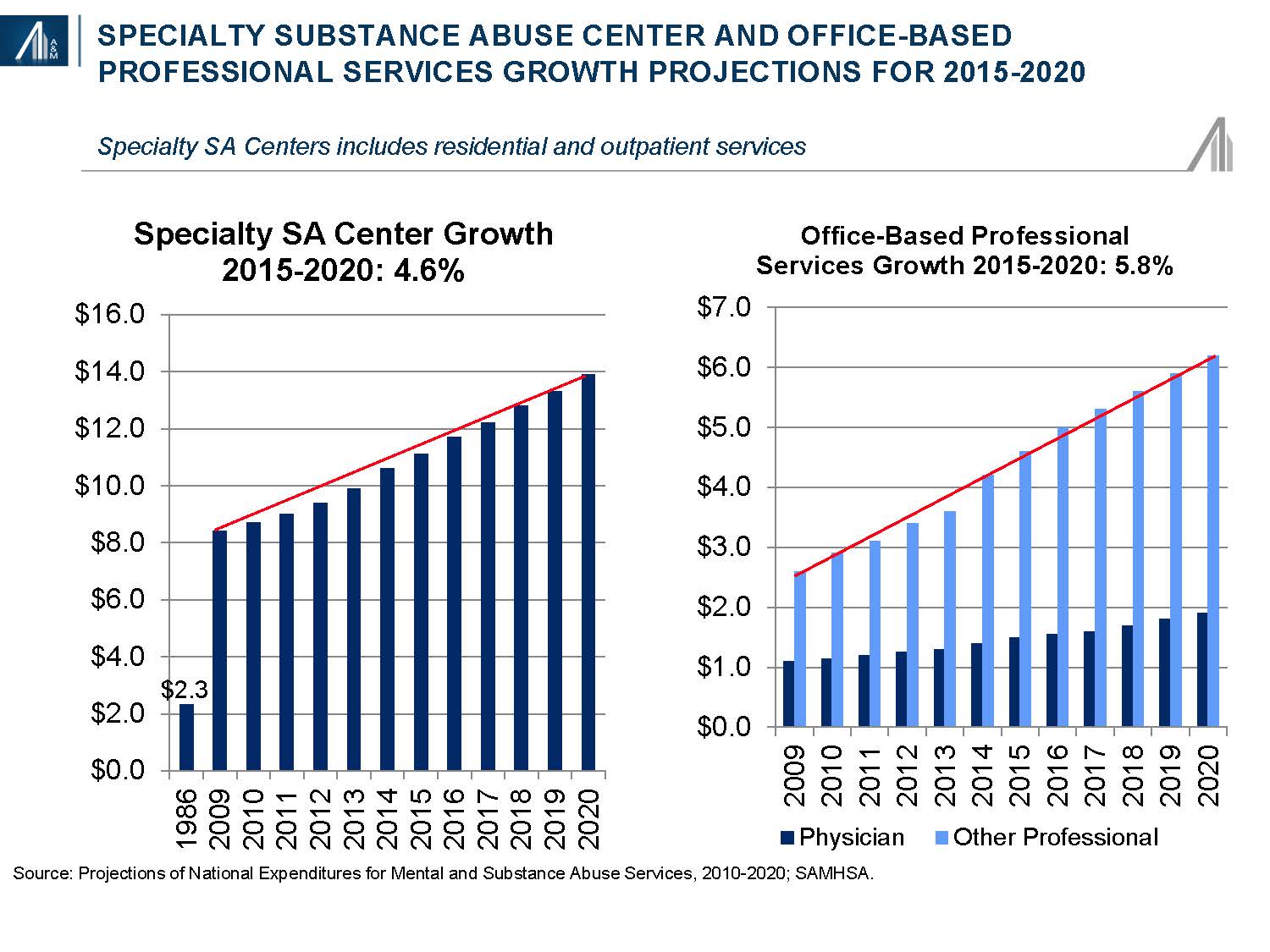Similar to other chronic illness such as diabetes, heart problem, and cancer, dependency is a disease and healing is not always a straight line. There are a million reasons that somebody regressions, however addiction professionals agree that preventing triggers-the scenarios and feelings that make drugs attractive-is half the fight. According to Elizabeth Hartney, a leading dependency expert, the this leading 5 factors that those having problem with dependency relapse are: Stress: Tension is one of the top reasons for regression.
Individuals or Places Connected to the Addicting Behavior: Being around people and places related to one's dependency can often press an individual to regression (what is the best treatment for opiate addiction). For example, going back to a preferred bar might tempt a specific to pick up the bottle once again. It's better to prevent these temptations, specifically in the early stages of healing.
For that reason, generally as a part of therapy, it's necessary to establish reliable ways of handling, these feelings - how to get opiate addiction treatment discreetly. Seeing or Noticing the Object of Your Dependency: In recovery, even a minor suggestion of the object of the dependency, such as seeing a representation of addicting habits on television, can result in regression.
Times of Event: Many situations that can trigger regression are perceived as unfavorable (what different kinds of treatment exist for addiction). Nevertheless, often positive situations such as times of celebration, where alcohol or drugs are present, are just as dangerous. Avoiding such events or bringing along a relied on buddy can help in avoiding relapse. While relapse might occur for some and not others, it is necessary to bear in mind that relapse does not suggest failure.
Some Known Incorrect Statements About How Many Addiction Treatment Centers Are There In The Us
Treatment: Addiction has both mental and physical elements to think about, and both need to be managed throughout treatment to strengthen a recovery with fewer and less considerable episodes of regression. Stability is typically reached through medical detox, as the initial treatment goal is to remove the drugs or alcohol safely from a person's body and brain while decreasing possible withdrawal negative effects.
Cognitive Behavior Modification (CBT) is an efficient tool for boosting treatment and helping to decrease relapse, as the journal Psychiatric Clinics of The United States and Canada specifies that abstaining rates might be increased with the usage of CBT techniques. Behavioral treatments help an individual to end up being more self-reliant and able to work through potential demanding scenarios that might occur.
Tension is a typical trigger for regression. By finding out methods to handle both external and internal stressors with CBT, people may have the ability to prevent a prospective relapse. Studies published in the journal Psychiatric Times have suggested that CBT might in fact assist to improve an individual's neurobiological circuits in the brain.

Staying in treatment for the whole length of the program is crucial to avoid prospective regression. This ensures that brand-new methods and coping mechanisms are firmly in location prior to being reestablished to daily life - what is the treatment for alcohol addiction. Length of time in treatment has actually been straight correlated to continued abstaining and recovery, Psych Central reports, with those who have the ability to remain in treatment for longer being more likely to prevent relapse down the line.
Which Of The Following Are Important Elements In Effective Family Treatment Of Addiction? Things To Know Before You Get This

Medications might likewise be useful throughout dependency treatment to regulate state of minds, manage withdrawal, and keep drug cravings to a minimum. As a result, they are typically an essential part of a total treatment program. Comprehensive compound abuse treatment programs typically consist of both therapeutic and pharmacological methods to promote and sustain recovery while working to lessen relapse and supervisor use triggers.
MISSING OR UNSTABLE SUPPORT GROUP: Recovery from addiction needs a production of support group of other individuals in recovery who genuinely comprehend what a addict is going through. For most addicts and alcoholics, eventually there is a day or time when sobriety is challenged in some method, and it is very important to understand whom to rely on throughout these times.
Some individuals likewise find support through online dependency recovery neighborhoods or through counseling. Not building a support group, make one more susceptible to getting a beverage or drug when lured. HANGING AROUND THE SAME PEOPLE AND PLACES: Throughout the years of consumed or drugged episodes one develops relationships based on that addicting behavior, and an addict will hung around with certain individuals or in specific locations.
Not changing the environment or circle of good friends, there is a great chance of temptation, and motivation to go back to your old ways. Recuperating from dependency indicates starting a new life, and this more than likely consists of breaking old ties. Building brand-new friendships, new routines and make healthier choices. Hanging on to the old ones is asking for trouble.
The Greatest Guide To What Does Harm Reduction Mean As It Applies To Addiction Treatment?
For others, it might be seeing why not try these out individuals consuming on TV or in a motion picture or walking previous alcohol stores or large display screens of alcohol in benefit stores. Triggers might likewise be volatile or negative emotions such as anger, sadness or tension. To stay sober, one need to be conscious of individuals, places or things that could trigger a craving.
Sharing these sensations with a sober friend or writing them in a journal will help get a better point of view. Learning new coping abilities for handling tension and brand-new ways to respond to triggers. Discovering to connect with feelings and discover new methods to process negative emotions. HAVING AN UNDIAGNOSED MENTAL HEALTH ISSUE: Many utilize alcohol or drugs because they are trying to self-medicate psychological health issue such as stress and anxiety or depression.
It's important to finish a complete psychiatric medical diagnosis and inform mental health specialists, of any pass treatments or emotional issues weakening development. Sobriety needs to continue to be a top concern in your life, and one should be keenly familiar with the important things that might trigger yearnings. Medical diagnosis and DSM 5: The DSM-V acknowledges substance-related conditions resulting from making use of 10 separate classes of drugs: alcohol; caffeine; marijuana; hallucinogens (phencyclidine or similarly acting arylcyclohexylamines, and other hallucinogens, such as LSD); inhalants; opioids; sedatives, hypnotics, or anxiolytics; stimulants (including amphetamine-type substances, cocaine, and other stimulants); tobacco; and other or unidentified compounds.
The activation of the brain's benefit system is main to issues occurring from substance abuse; the gratifying sensation that individuals experience as an outcome of taking drugs may be so profound that they disregard other regular activities in favor of taking the drug. While the medicinal systems for each class of drug are different, the activation of the reward system is similar throughout compounds in producing feelings of satisfaction or ecstasy, which is frequently described as a "high." The DSM-V acknowledges that people are not all immediately or similarly susceptible to developing substance-related disorders which some people have lower levels of self-discipline that incline them to develop problems if they're exposed to drugs.
lake worth psychiatrist style="clear:both" id="content-section-4">Unknown Facts About How Does Society View Drug And Alcohol Addiction Treatment
Substance-use disorders are patterns of symptoms arising from making use of a compound that you continue to take, regardless of experiencing problems as an outcome. Substance-induced disorders, including intoxication, withdrawal, and other substance/medication-induced mental disorders, are detailed together with compound usage conditions. Substance usage disorders cover a wide range of issues occurring from substance use, and cover 11 different requirements: Taking the substance in bigger amounts or for longer than you're meant to.